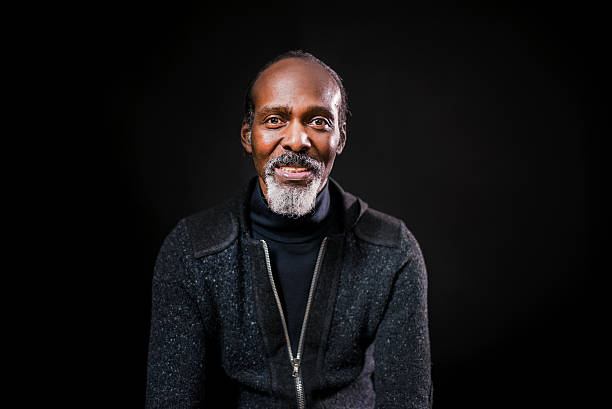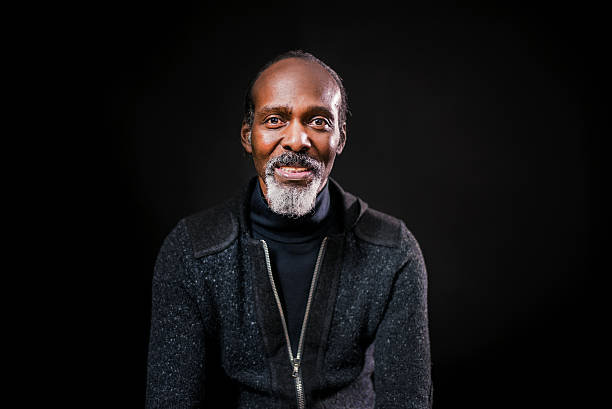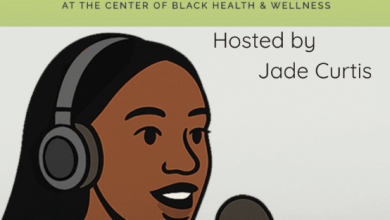What Happens if Your Prostate Cancer Treatment Stops Working?


Dealing with prostate cancer can be a challenging journey, especially when you’ve been undergoing treatment that suddenly seems to lose its effectiveness. If you find yourself in this situation, it’s important to remember that there are still options available to you. Here are some tips to help you navigate this phase and make informed decisions about your next steps.
How Does Prostate Cancer Become Resistant to Treatment?
Prostate cancer can become resistant to treatment through various mechanisms. One common cause is the development of mutations in the cancer cells that make them less responsive to the treatment. Over time, these mutations can allow the cancer to grow and spread despite the initial effectiveness of the treatment.
Additionally, the cancer cells can adapt to the treatment environment, finding new ways to survive and grow. This adaptability can make it challenging to control the cancer with the same treatment over an extended period.
What to do if Your Prostate Cancer Treatment Stops Working?
Discuss Your Options
Schedule a detailed discussion with your healthcare team to review your treatment history and discuss the next steps. Ask about any new treatments or clinical trials that might be available to you. Your medical team can help you weigh the benefits and risks of each option based on your individual situation.
The good news is the approach to this question has evolved significantly over the past few decades, Channing Paller, MD, associate professor of oncology at Johns Hopkins Medicine in Baltimore tells Everyday Health.
Previously, hormone therapy and chemotherapy were the only treatment options available. However, there are now four types of hormone therapy drugs that operate via distinct mechanisms. Consequently, if your cancer cells become resistant to one type of drug, your doctor can transition you to another.
These four types of therapy include:
- Luteinizing Hormone-Releasing Hormone (LHRH) Agonists: These drugs disrupt signals to the testicles that instruct them to produce testosterone.
- LHRH Antagonists: These drugs also halt the production of testosterone by the testicles, but they do so more rapidly than LHRH agonists.
- Androgen Synthesis Inhibitors: These medications impede androgen production in other areas of the body.
- Anti-Androgen Drugs: This category of drugs obstructs androgens from binding to receptors on prostate cancer cells, thereby inhibiting their growth.
RELATED: Prostate Cancer: The Basics Every Black Man Needs to Know
Stay Informed
Knowledge is power, especially when it comes to your health. Take the time to educate yourself about the different treatment options available for prostate cancer.
Speak with your healthcare team to understand why your current treatment might not be




